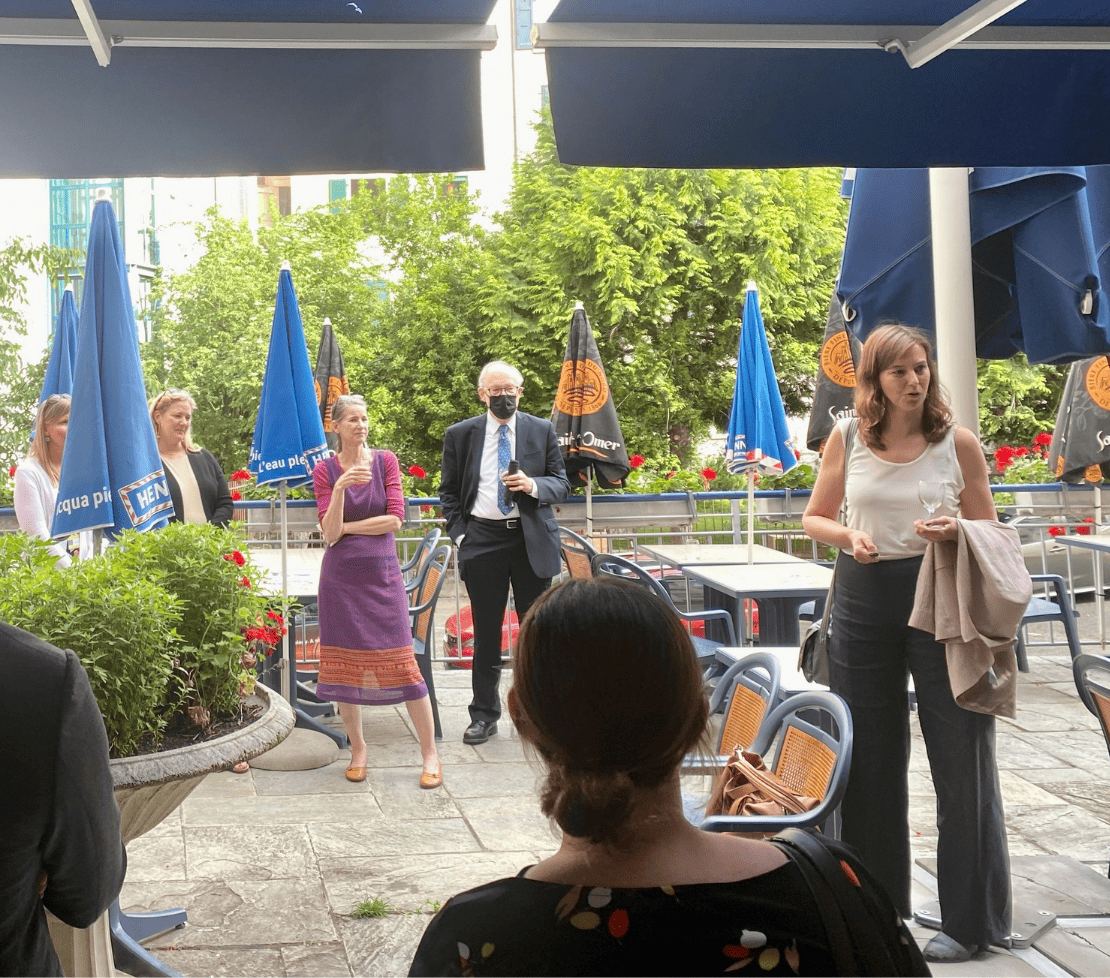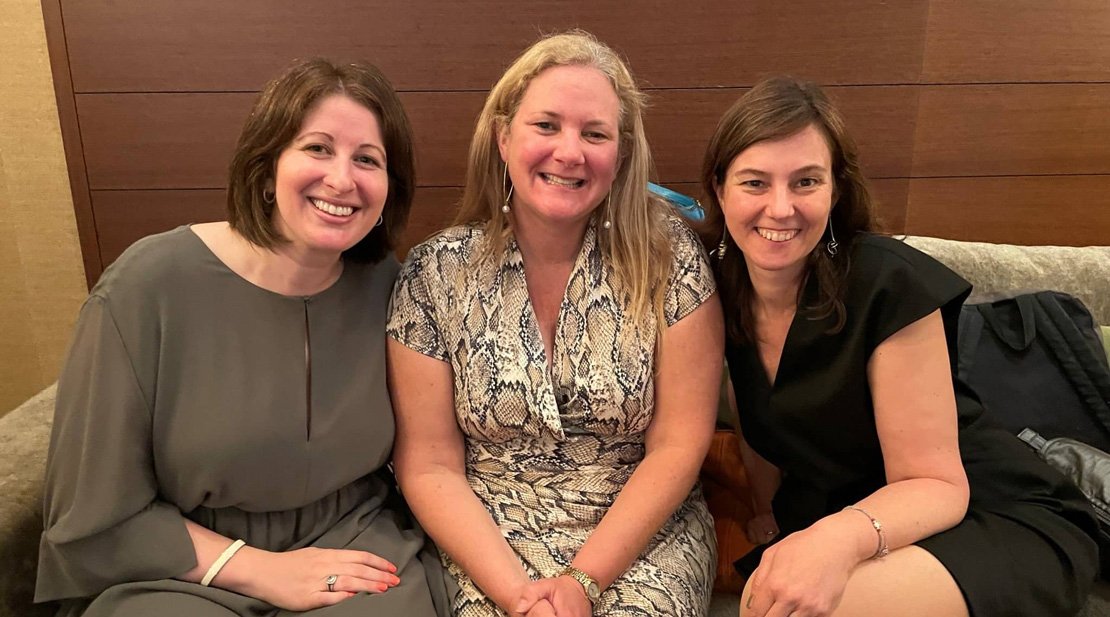
Joy. That’s not a word that I usually associate with the World Health Assembly, the annual governance meeting of the World Health Organization, which takes place every May in Geneva, Switzerland.
For more years than I can count, I’ve made the trip to Geneva with mixed feelings. I always love being in Geneva, as I spent four years there while growing up, so it’s a sort of homecoming. Plus, WHA is always in late May, when Geneva is in full spring glory and the weather is usually perfect. The week is filled with countless meetings and myriad opportunities to see colleagues, which have the cumulative effect of making the trip rewarding and exhausting.
Last week, after a two-year, COVID-imposed hiatus, I went back to Geneva. The three-day trip was sandwiched between personal and professional commitments on either end, so I was already feeling stressed before I got there and wondering if it was worth many hours of flying for a short time on the ground.
It was. As I flew home after just 72 hours on the ground, I realized I was feeling something I hadn’t felt in quite some time: joy. I had spent three days interacting with human beings – a mix of colleagues I’ve known for several decades (as hard as it is to believe that can be true), those I’d only met over Zoom, and new friends.
The three days I spent interacting with colleagues, new and old, brought home how much we have collectively missed out on over the past two years of COVID – the value of face-to-face human connection is not something that can be replaced with video meetings.

The in-person catch-ups, whether scheduled or spontaneous, had a deeply personal quality. Conversations quickly led to stories of the complexities everyone has faced over the past two years: children’s mental health issues, marital tensions, family illnesses and more – things that are much less likely to be shared over Zoom, where the culture of back-to-back meetings with prompt beginnings and endings with a click of a button didn’t allow time or space for sharing life’s highs and lows.
Beyond the personal connections, it was also rewarding professionally. At the 2019 Assembly, there were some discussions of pandemic preparedness, including one expert saying: “Anyone who thinks we’ve solved the problem of how to prepare and prevent for an epidemic needs to think again.”
That week, I co-chaired an informal “outbreaks advocacy group” meeting where we discussed how to get pandemic preparedness higher on the priority list of world leaders. About 20 people attended the meeting in a borrowed conference room. Everyone was passionate about the topic, but we all had day jobs, and requests to funders to support this work with dedicated resources had been turned down multiple times.
Fast forward three years, and it was bittersweet to be co-hosting a reception for members of the Pandemic Action Network, on a patio just a stone’s throw from that borrowed conference room. As much as we had discussed the need to prepare for a future pandemic, we hadn’t anticipated that future would be within months of that May 2019 meeting, nor had we contemplated the massive impact it would have on each of us.
As I headed home from Geneva, I was struck by this unusual feeling of joy, and wondered why I felt so energetic. It didn’t take long to uncover a number of articles citing research on the importance of human connection:
While I’m now home in Seattle, and back to primarily Zoom meetings, I feel energized by my trip. Beyond the reminder of the importance of human connection, the trip reinforced the importance of two principles that have guided my career: the priority of building strong and lasting relationships with colleagues, and a willingness to take on hard challenges, even when they aren’t popular.
Thanks to all my colleagues, old and new, who reminded me how important in-person connection is!
 Your Vision
Your Vision Our Platform
Our Platform Real impact
Real impactPanorama Global is a member of The Panorama Group.
Privacy Policy © 2026 Panorama Global. All rights reserved.
